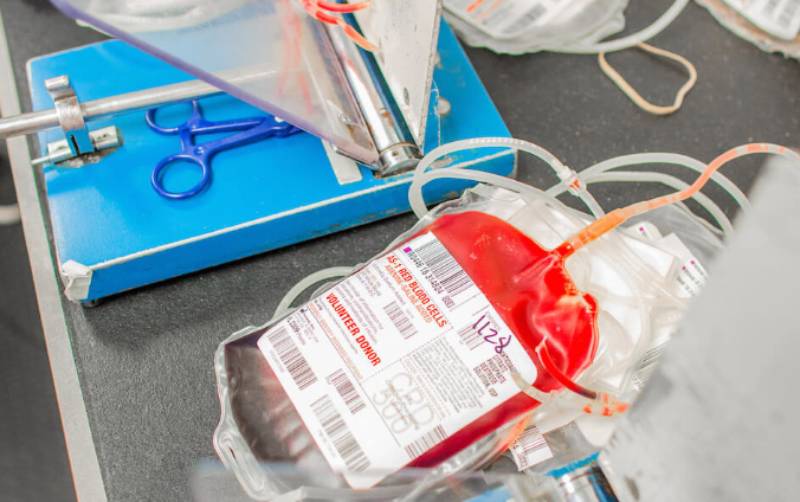×
The Standard e-Paper
Home To Bold Columnists

Blood type may play a key role in determining who contracts Covid-19 and how severe the illness becomes, according to a recent report published in the New England Journal of Medicine (NEJM).